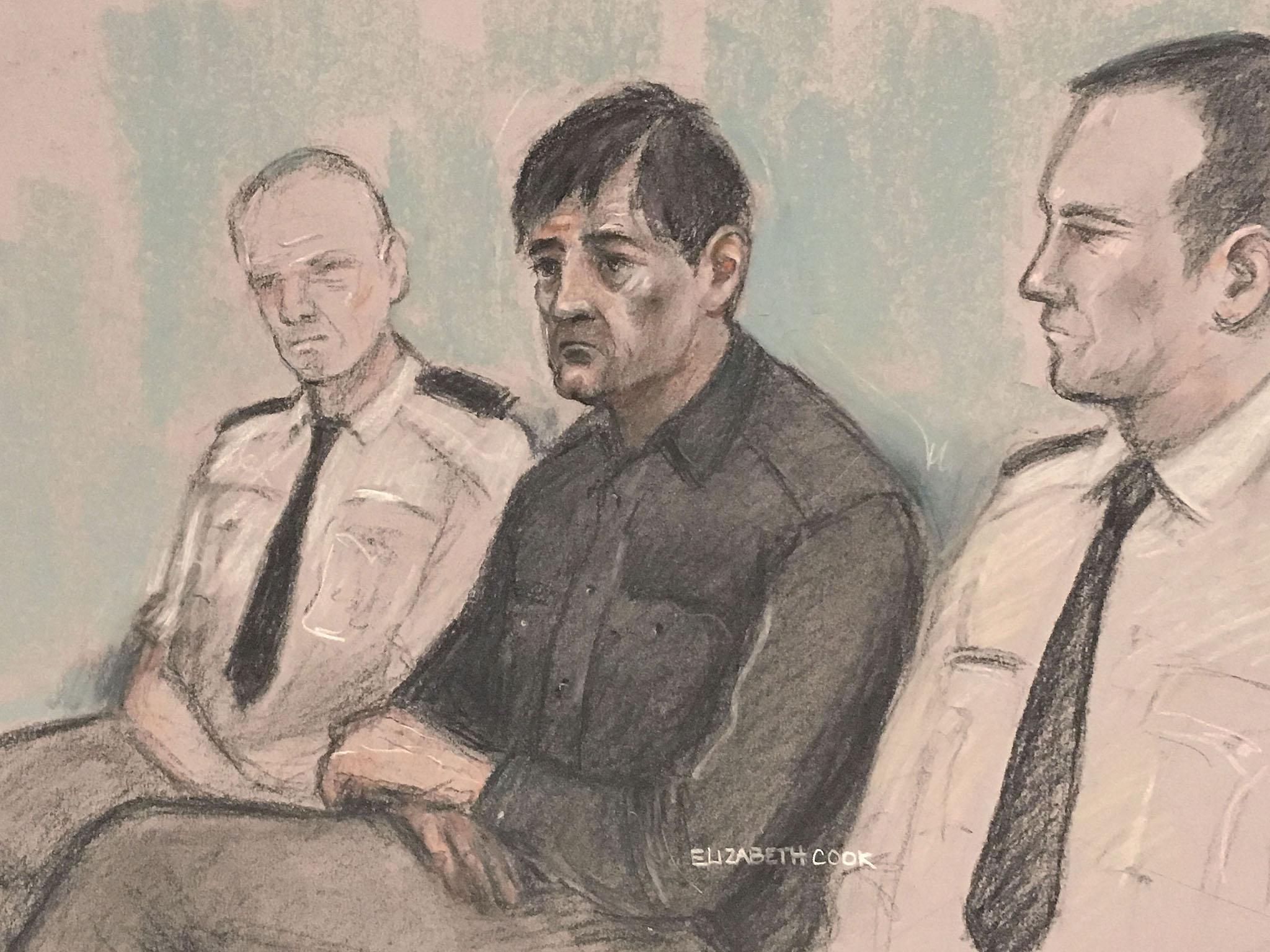Police to 'look at role of internet' in radicalising home-grown terrorists after Finsbury Park attacker found guilty
Easily accessible far-right materials 'unpalatable but hard to police'

Police will “look at the role of the internet” in the rapid radicalisation of terrorists in the wake of the Finsbury Park mosque attack, a leading anti-terror officer has said.
Dean Haydon, of the Metropolitan Police, said that “some individuals could look at material today and decide to go and do an attack later on this evening”.
Finsbury Park attacker Darren Osborne is thought to have been radicalised within the space of a few weeks before he carried out his van attack last year.
On Thursday he was found guilty of murder. The trial heard how Osborne became “obsessed” with far-right material online in the lead-up to the 19 June attack.
The material he accessed was “unpalatable” but difficult to police, however, Mr Haydon said.
The head of Scotland Yard’s counter-terror command said: “We have to be alive to the fact that people are accessing this material and they are using it to self-radicalise, and that’s what happened in this case.”
He added: “Yes, there’s material as I said that’s unpalatable, not particularly pleasant, but it doesn’t cross the threshold in relation to either a crime or a terrorism offence – and that’s really difficult for us then to police.
“It is out there, people can access it and – as we’ve seen in this case – it certainly affected Osborne in the way it did and certainly played a key part in his radicalisation.
“Some of this material is easily accessible, so we have to look at the role of the internet.”
Mr Haydon, who described the far-right as an “emerging threat”, said: “We are committed to tackling all forms of extremism including this particular aspect.”
Additional reporting by PA
Subscribe to Independent Premium to bookmark this article
Want to bookmark your favourite articles and stories to read or reference later? Start your Independent Premium subscription today.
